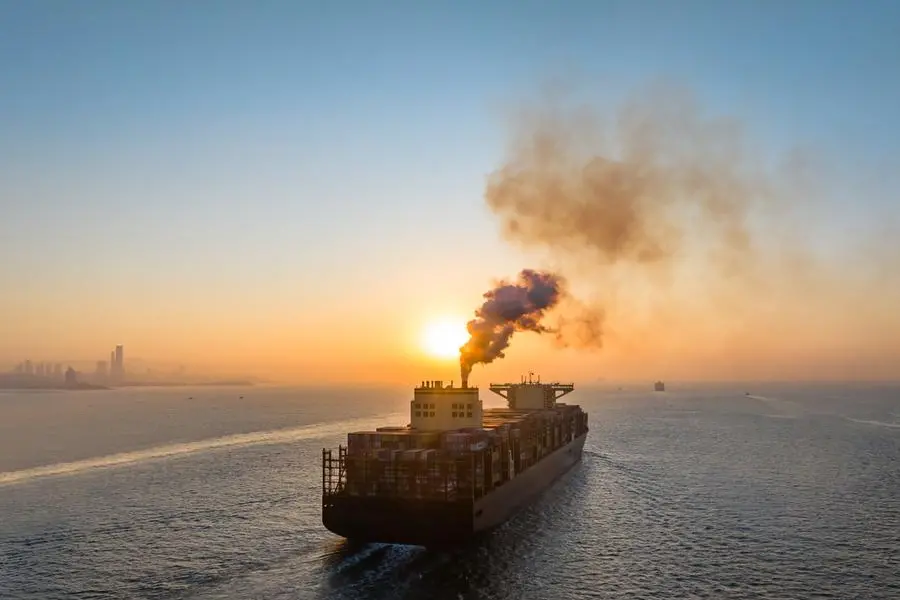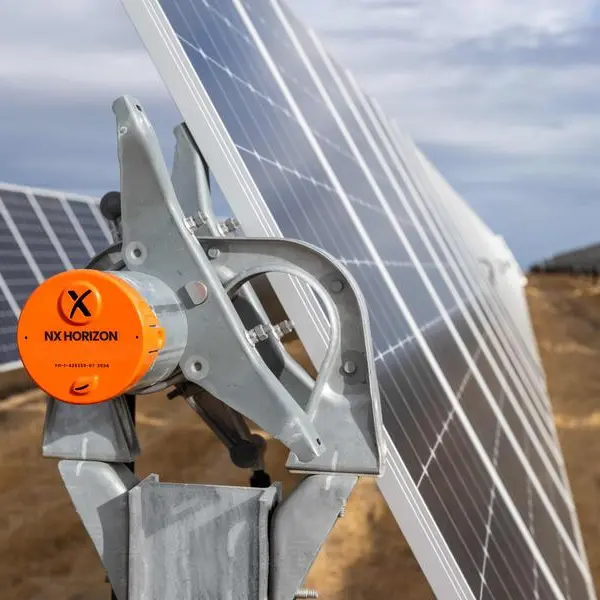PHOTO
The International Maritime Organisation (IMO) has agreed to establish a legally binding framework to reduce greenhouse gas emissions from ships globally effective 2028 as several African nations join Pacific Island states withholding their support for a global shipping emissions agreement.
Uganda, Egypt, Liberia, Madagascar, Seychelles, and Ghana abstained during the final vote at the IMO’s Marine Environment Protection Committee (MEPC 83) talks.
They opposed the agreement, which aims for net-zero emissions by or close to 2050, declaring the deal inadequate to address the climate crisis--an unprecedented display of cross-regional solidarity.
The agreement, which received backing from Kenya, Namibia, and South Africa, among other nations, did not establish a robust carbon pricing mechanism or clear provisions for revenue sharing with climate-vulnerable nations.
The coalition, comprising Caribbean, African and Central American states, and the UK, had put forward a proposal for a universal levy on greenhouse gas emissions.
The result was that 63 countries voted in favour, while 16 voted against. Saudi Arabia, the UAE and other petro-states disagreed over the issue of procedure and the “high” level of ambition in the discussions.
Read: At a pivotal meeting, the world is set to decide how to cut shipping emissionsAfrican coalition delegations connected the levy to critical priorities of food security, climate resilience, and equitable revenue distribution.
Despite the deal’s passage, the coalition said it would still push for more substantive action.
This proposal aimed to reduce shipping emissions, ensure a just and equitable transition, and provide predictable financing for those worst hit by climate change.
Many of the world’s largest shipping nations decided last week to impose a minimum fee of $100 for every metric tonne of greenhouse gases emitted by ships above certain thresholds, in what is effectively the first global tax on emissions.
By 2028, all ships worldwide have to start using a less-carbon-intensive fuels mix or pay for the excess. A ship continuing to use conventional (fossil) bunker fuel would have to pay a $380 fee on its most intensive emissions, and $100 per tonne on remaining emissions above a lower threshold, the IMO said.
© Copyright 2022 Nation Media Group. All Rights Reserved. Provided by SyndiGate Media Inc. (Syndigate.info).





















